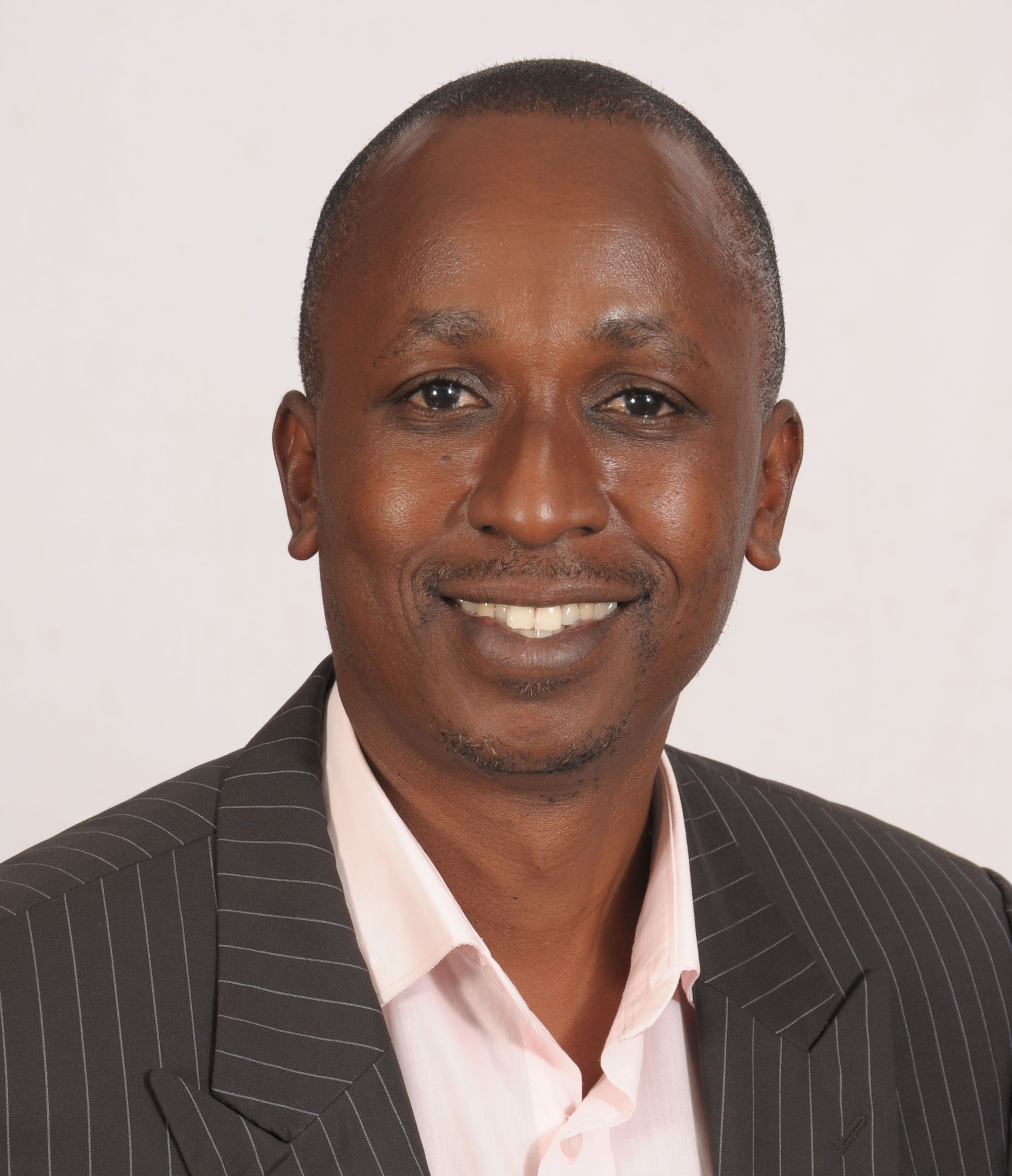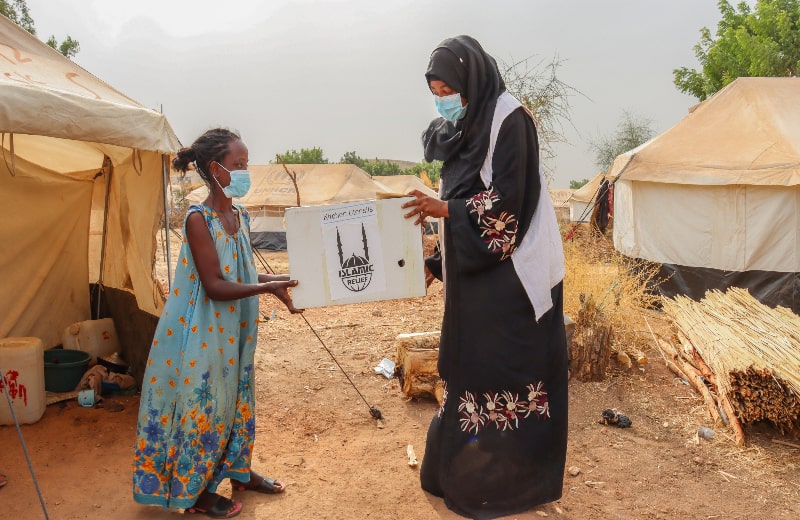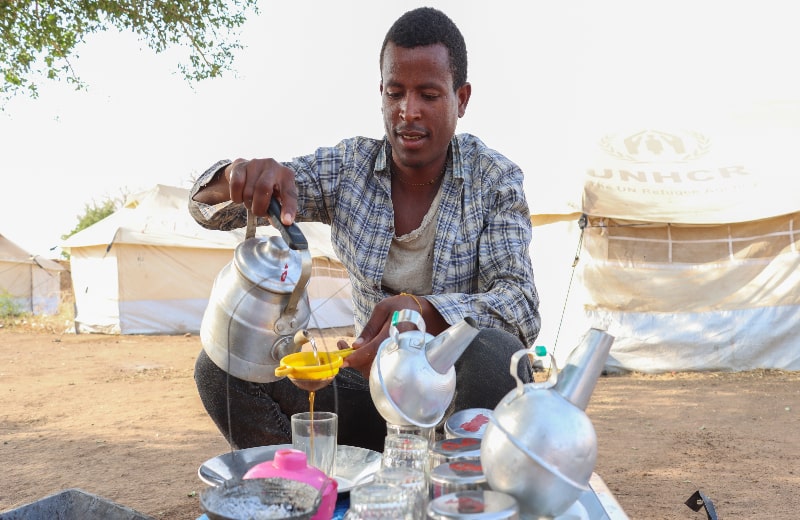
80 million people around the world have been forcibly displaced, with nowhere they can call home.
They have been uprooted from their homes, most often with cruel physical, emotional and/or sexual violence.
Many have been separated from their families or have watched loved ones being killed.
I have worked with displaced people for almost 20 years, and heard tragic stories of why and how they fled their homes. Many have seen their livelihoods abruptly ended, with years of education and experience having no value.
I have met teachers, doctors, engineers, farmers and business people living in refugee camps where they are unable to use their skills.
Many had good careers, and dreams of seeing their children graduate from university. Such plans have since been derailed either by conflict or natural disaster.
During my recent visit to the Um-Rakuba Refugee Camp in Gedarif State, Sudan, I had the chance to hear the stories of those seeking refuge in Sudan, following conflict in their home country of Ethiopia.
Mulu’s story
Mulu is staying in a tent at Um-Rakuba camp.
She has faced many challenges as a woman living with a disability at the camp. For instance, she has difficulty accessing the bathrooms on site.
Mulu’s husband had to carry her across the border when they fled. She feels the futility of having to flee and being in a similar situation to her forefathers who were also refugees.
She does not know the whereabouts of her mother and siblings or even whether they are alive, causing her great mental distress.

Muez: Longing for home
I also met Muez near a makeshift tea kiosk besides a busy road at the camp. He is just 21-years-old and is married with a 2-year-old son.

When Muez fled Ethiopia, he was separated from his young wife but was eventually reunited with her at the camp.
Muez sometimes feels frustrated that he cannot find a job and provide for his young family. However, he tries to stay patient and console himself with the fact that he is alive, while many he knew have lost their lives amid the conflict in Ethiopia.
Muez simply wants the conflict to end so that he can go home.
And of course, millions more want exactly the same thing: to be able to go home to the place they know and love.
It’s these stories that we must listen to.
As I leave Um-Rakuba Refugee Camp, I cannot help reflecting on how lucky I am to have a home to return to. I appreciate this fact and do not take it for granted.
We must provide support to those who aren’t as fortunate, those who desperately need help to rebuild their lives and regain their sense of belonging.
Islamic Relief is a lifeline for people like Mulu and Muez who have been forced to flee their homes. We need your help to continue this essential work: donate now.










